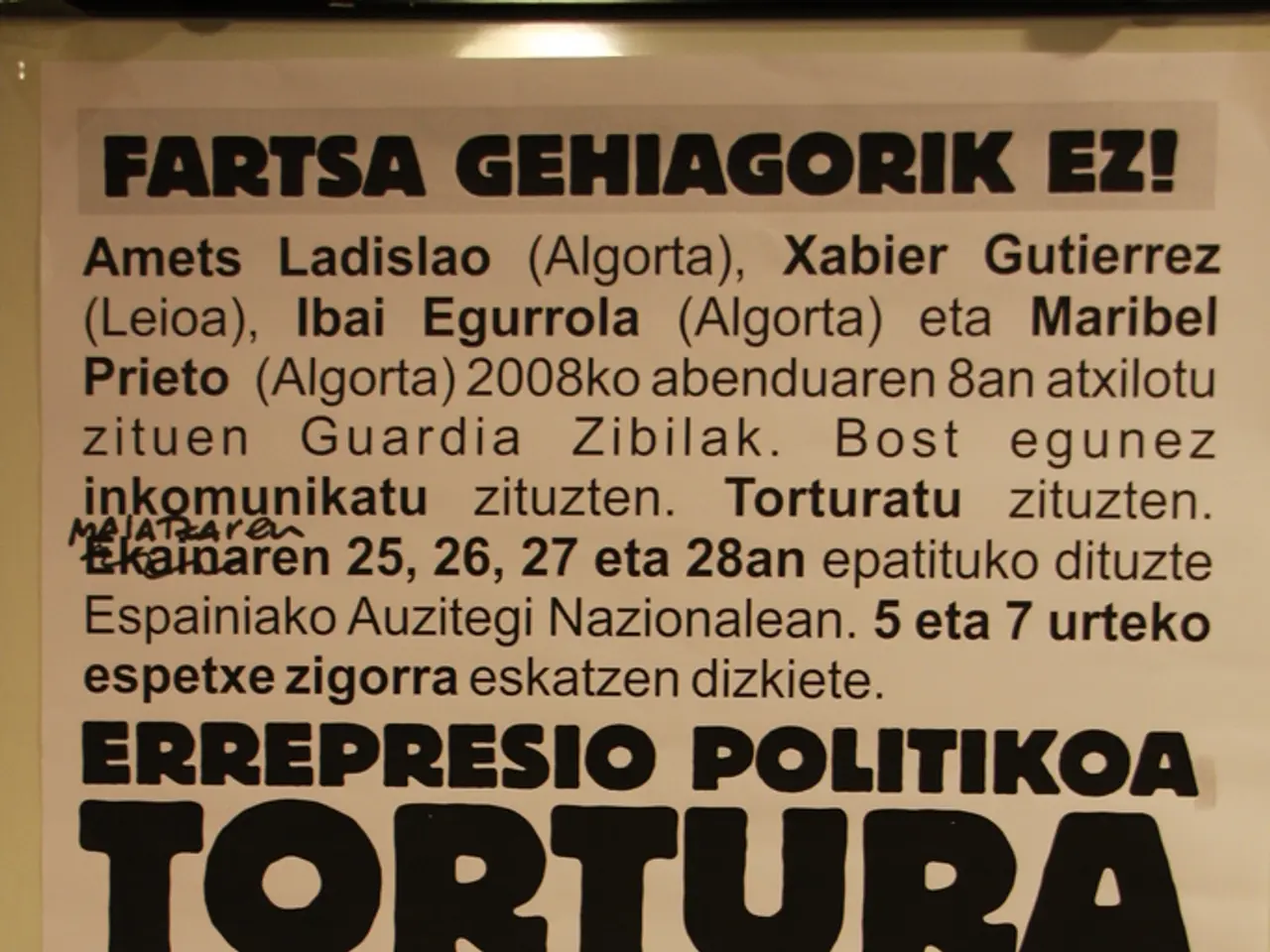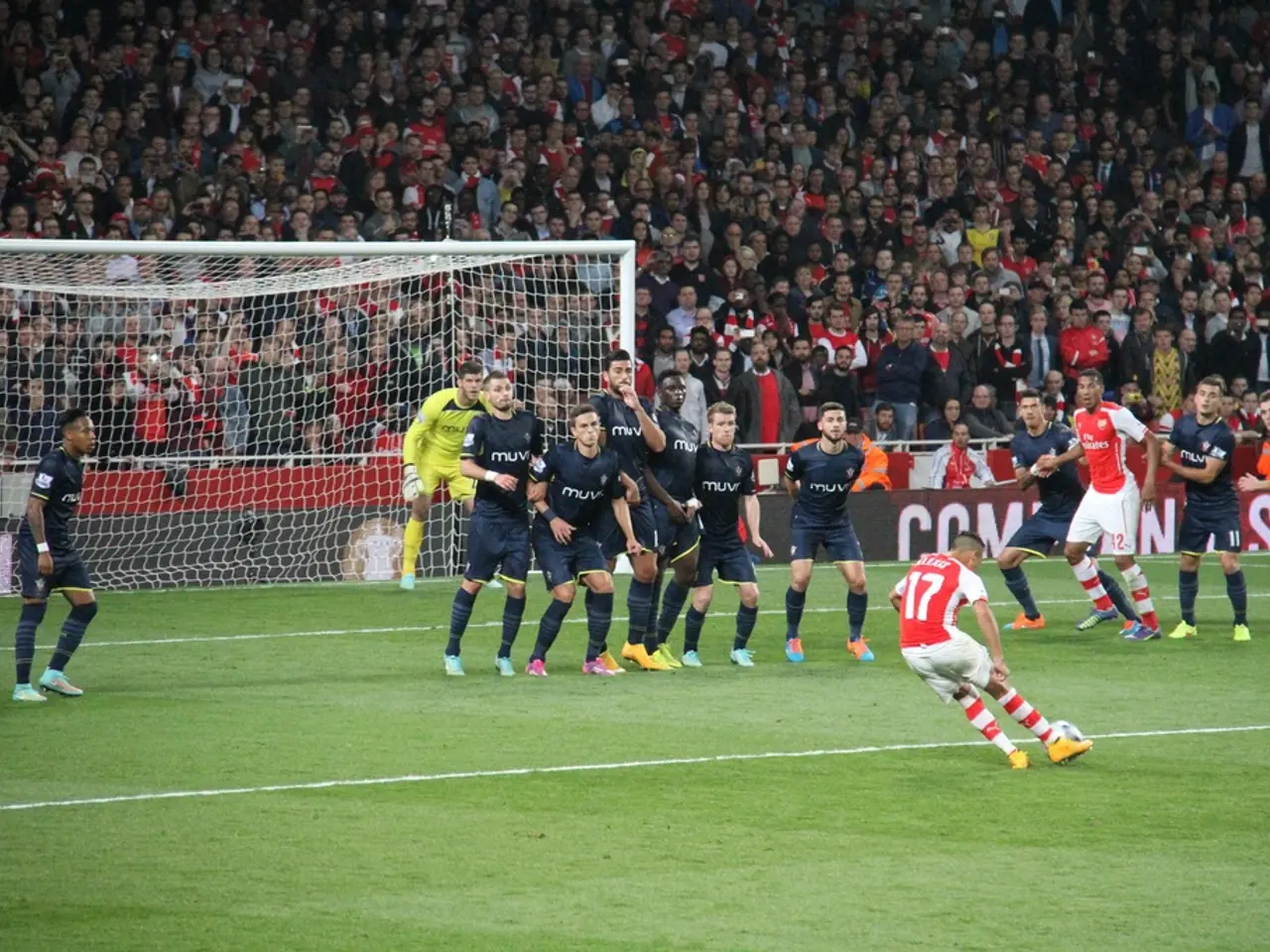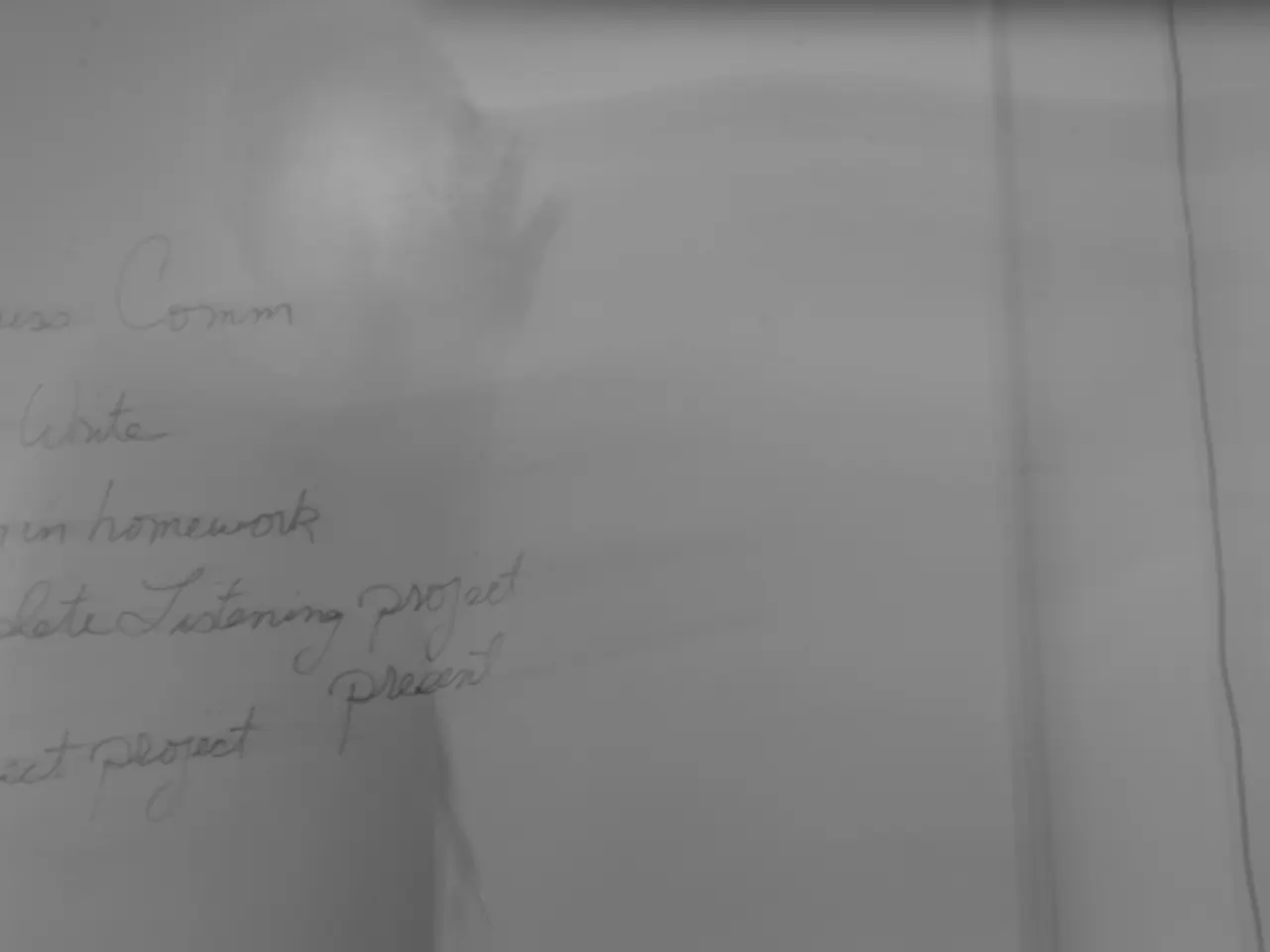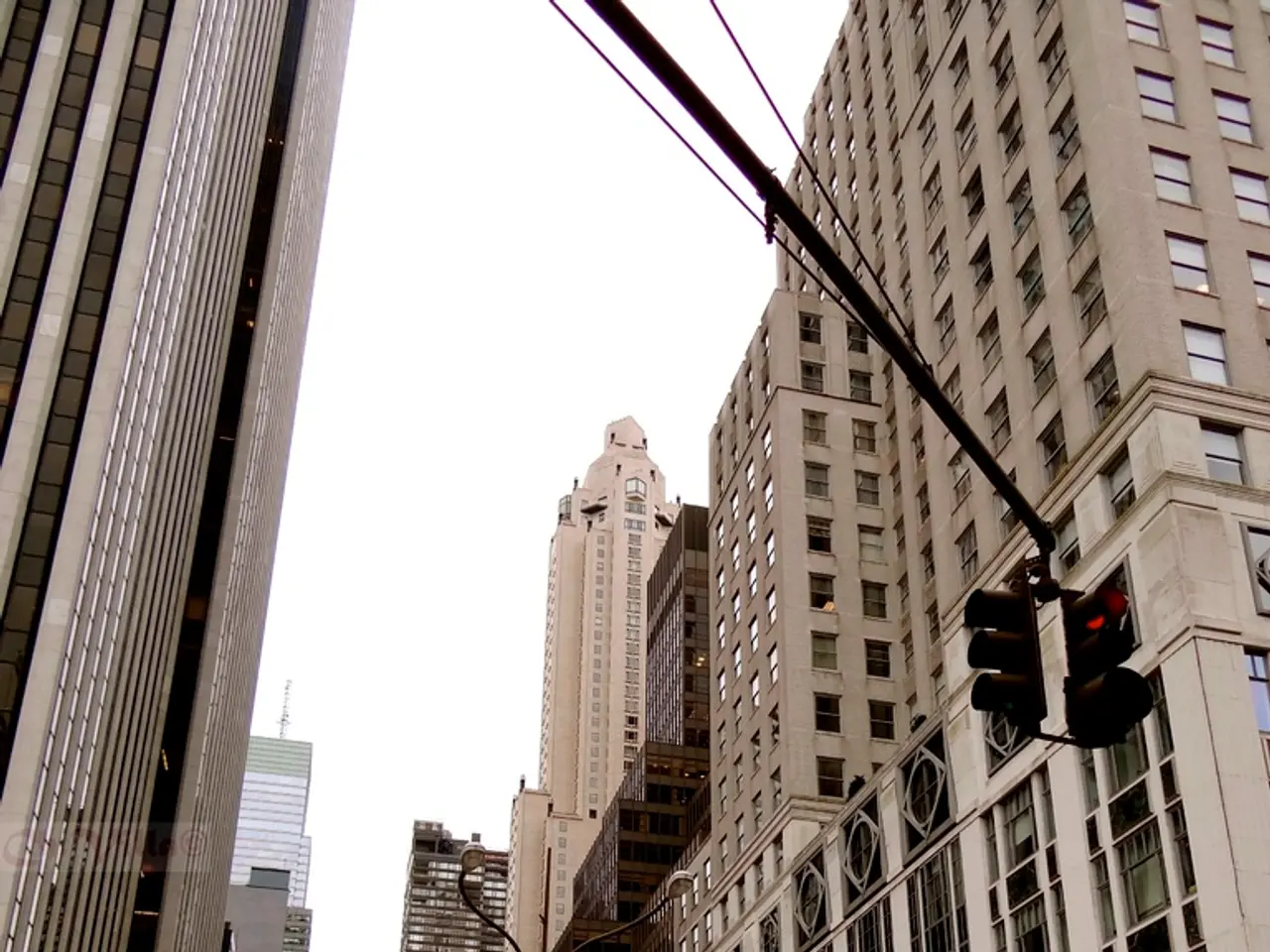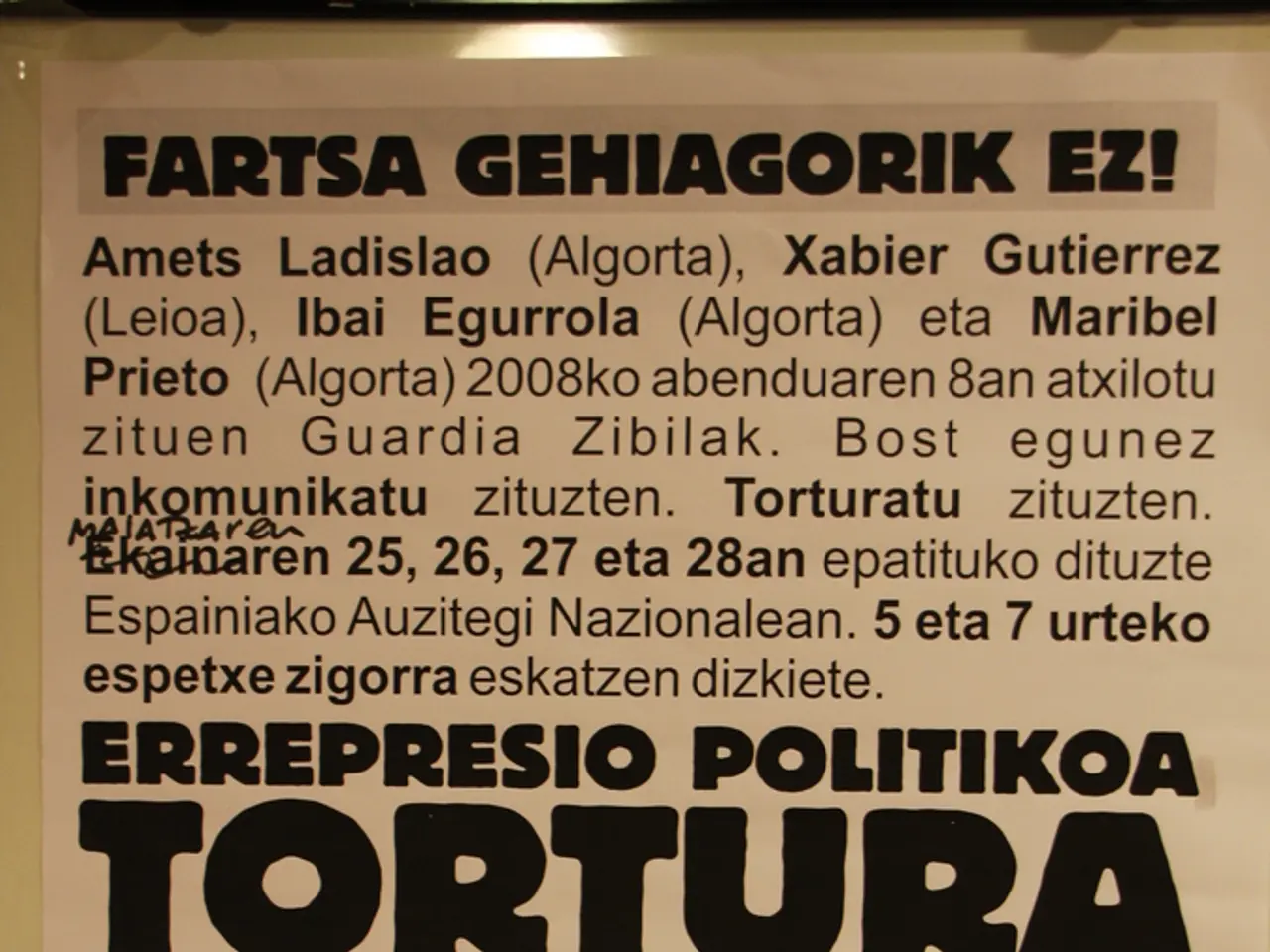Ex-Colombian President Álvaro Uribe receives a 12-year house arrest sentence due to bribery charges
Former Colombian President Álvaro Uribe has been sentenced to 12 years of house arrest for witness tampering and bribery, marking a historic moment in Colombian politics.
The verdict, handed down by Judge Sandra Heredia in July-August 2025, follows a nearly six-month trial during which prosecutors presented evidence of Uribe's alleged links to a paramilitary group in the 1990s. The allegations, which have long divided the nation, stem from testimonies such as that of Juan Guillermo Monsalve, a former paramilitary member, who claimed that Uribe and his brother Santiago participated in founding the Bloque Metro paramilitary faction in Antioquia during the 1990s.
Uribe's legal team requested that the sentence be overturned, arguing that it would be "easy" for Uribe to leave the country to "evade the imposed sanction." However, Judge Heredia denied this request, citing Uribe's political influence and the need for accountability.
The conviction marks the first time a former Colombian president has been found guilty in such a case, although Uribe denies any wrongdoing and claims political motivations influenced the process. Uribe's brother, Santiago, was acquitted in late 2024 of allegations related to belonging to the paramilitary group called the 12 Apostles in Antioquia, although further appeals are ongoing.
The case remains deeply divisive in Colombia, with Uribe's supporters expressing disapproval of the sentence. Martha Peñuela Rosales, a supporter of Uribe, described the sentence as unjust and stated that Uribe deserves to be free. However, Sergio Andrés Parra, a protester against Uribe, expressed satisfaction with the 12-year sentence, stating that even if Uribe appeals, history has already condemned him.
Uribe has since posted on social media that he is preparing arguments to support his appeal. The appeals court will have until early October to issue a ruling.
It is important to note that during Uribe's presidency, Colombia's military achieved significant battlefield victories against the Revolutionary Armed Forces of Colombia, pushing the insurgency into remote pockets and forcing its leadership into peace talks that led to the disarmament of over 13,000 fighters in 2016.
Despite the ongoing legal proceedings, the impact of Uribe's presidency and the allegations against him will continue to shape the political landscape of Colombia for years to come.
- The 12-year house arrest sentence, issued against former Colombian President Álvaro Uribe in July-August 2025, has influenced the dialogue in the realm of politics and policy-and-legislation, raising questions about war-and-conflicts, credibility, and the accountability of political figures.
- Understanding the general-news value of this case, Juan Guillermo Monsalve, a former paramilitary member, testified that Uribe and his brother, Santiago, were allegedly involved in the formation of the Bloque Metro paramilitary faction in Antioquia during the 1990s, shedding light on Crime-and-justice aspects related to the past.
- As the appeals court prepares to issue a ruling on Uribe's appeal by early October, the polarizing nature of this issue remains evident on social media, showcasing contrasting perspectives from Uribe's supporters and critics in Colombia's political and social landscape.
